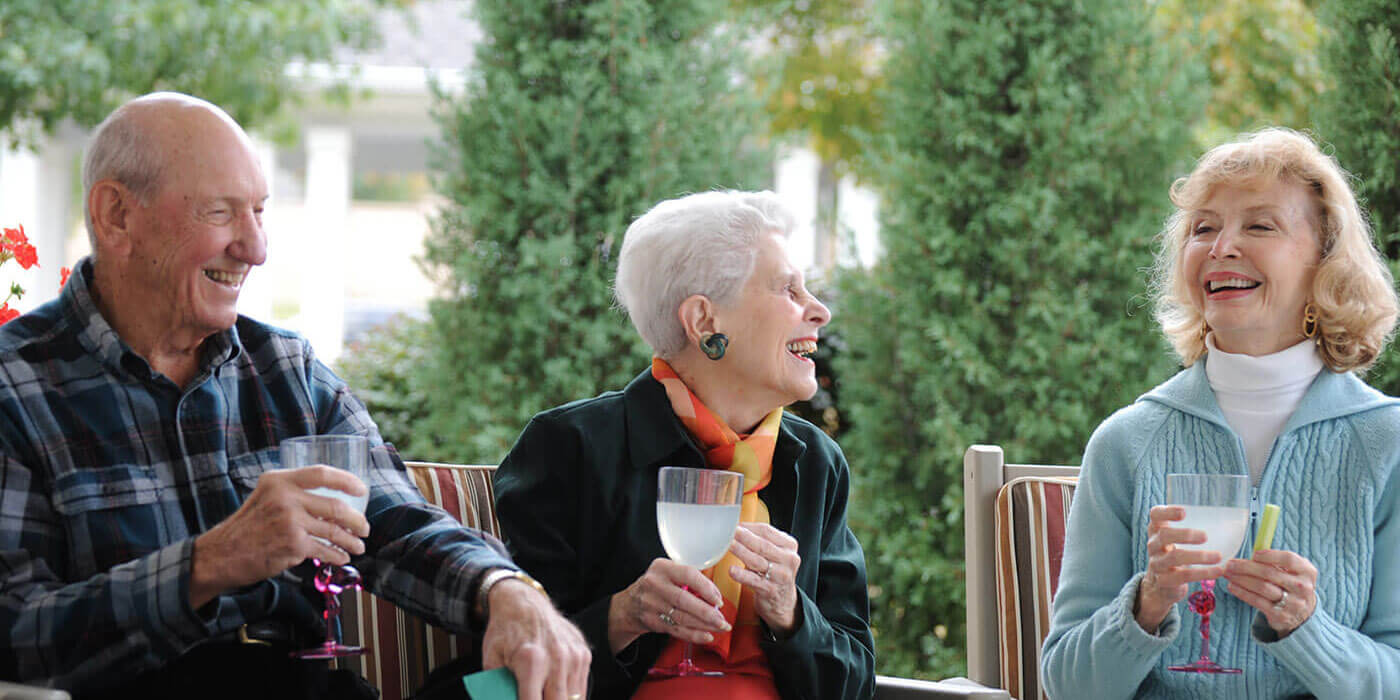By Weldon Tisdale, Chaplain
“If you really keep the royal law found in Scripture, “Love your neighbor as yourself,” you are doing right. But if you show favoritism, you sin and are convicted by the law as lawbreakers.” James 2: 8-9 NIV
The Apostle James provides his own version of loving thy neighbor, but first he emphasizes and clearly makes the distinction of class division. The book of James chapter 2 highlights for us the behaviors and parameters of who we deem as acceptable and who we consider as neighbors based upon worldly things: power and social status. I believe even today this is where we too struggle with loving our neighbors as God loves us. It is so easy for us to love those who look as we do, dress as we do and move in the same social circles as we do. But what becomes problematic is when we are asked to treat all those we encounter with love, respect, justice, and mercy.
It is easy to love those we self-define as worthy, but it is harder to love those who may be different than we are or those we prejudge and label. It is often difficult to widen the circle of life to include those we discriminate against, those whom we would rather not break bread with, those whom God has called us to include as sisters and brothers. James has much to contribute to our thinking about separatism and inclusion. He reminds and cautions us in chapter 2 verse 9 that in showing favoritism or disregard for the “other,” – we sin. What a sobering thought!
Who then is our neighbor? Our neighbor is anyone in our proximity with whom we can share God’s love. We love people by genuinely seeking what is best for them. Loving others does not mean agreeing with everything they say or do, nor does it mean acting in ways that always gain their approval. We love our neighbors when we have compassion for them and help meet their needs as we are able.
As we serve in the spirit of Christ, remember to always “love your neighbor as yourself.”

